Are you planning to create your first website?
People will tell you that creating a website is super easy and that it only requires a few steps to get it up and running.
While this is technically true (you can literally build a website in under an hour these days), what most people fail to mention is that in order to create a website that will be successful long into the future, you need to have a plan.
If you think that coming up with a domain name, picking a theme, and publishing some random content on a website is all it takes, you need to take a step back and rethink what you’re doing.
Especially if you have plans to make money off your website.

That’s why we’re here with 4 crucial questions you need to ask yourself before you start building your website to make sure you know what your overall goals are and how you’ll succeed.
So, let’s get started.
1. What is My Niche?
Deciding what your niche will be is one of the most important parts of creating a website. After all, you need to know what your website will be about before you start building it.
That’s because marketing your site, driving traffic, creating content, and monetizing your site will all revolve around what your niche is, who your target audience are, and what people want from you.
Here’s a simple three-step process for finding your perfect niche:
1. Find Niche Keywords
Using a tool like the Google AdWords Keyword Planner, find out the search volume for specific keywords that may relate to a topic or niche, you’re interested in and see whether your topic is something others are interested in too.
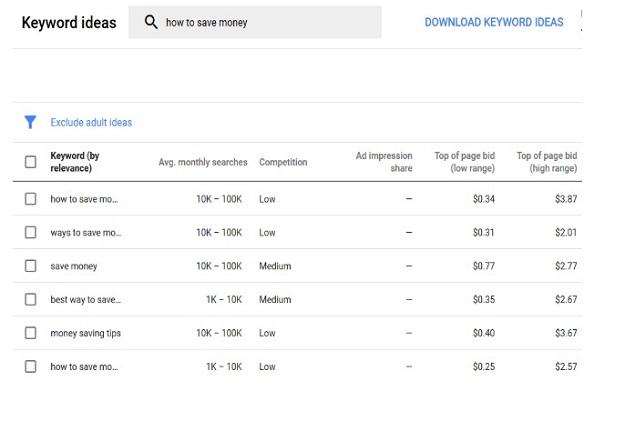
2. Check the Competition
Take it one step further and Google your potential niche ideas to see who is in the same niche as you and who will eventually become your competition.
Notice how many articles pop up in the search results, how big the websites are that rank on the first page, and what kind of demand there is for the niche you are looking to enter.

The key is to balance your niche competition. You want it to be popular enough to drive traffic to your site, but not so competitive you have to compete against well-established websites and brands.
Another helpful tool to use is called SimilarWeb.
This market analysis platform lets you observe ongoing trends in every industry, reveals your competition’s analytics and strategies, helps you discover new partner and affiliate leads, and even shows you the consumer journey.

3. Check “Yes” or “No”
After seeing the competition, it’s time to decide whether the niche you are interested in is a go or not.
After deciding on a final niche, you can then set out to pick the perfect domain name, which in itself is one of the most important parts of site creation.
If you need help with this, check out this helpful guide on how to choose the best domain name for your website.
2. What’s the Purpose of My Website?
After you know which niche you want to enter, it’s time to define your overall goals.
This step requires you to decide what type of actions you want your target audience to take once they click on your website.
You should also think about what type of user experience you want to provide people that land on your site.
Here are some of the goals you might want to accomplish:
Get people to read your content and sign up for your newsletter
Encourage people to sign up for your online course
Make people want to buy your products and/or services
Have people download your app
Convince people to donate to a cause or register for an event
Educate people with your content and monetize your site with affiliate links
Setting clear goals for yourself from the beginning will help guide you when it comes to promoting your brand, creating a content marketing strategy, and driving traffic to your site.
3. Who is My Target Audience?
If you haven’t already, you need to define who your target audience is. This will affect how you design your website, what kind of content you’ll publish, and how you’ll optimize your site for SEO.
And don’t forget, optimizing your website for speed and performance is the key to keeping your target audience on your website once they click on your site.
One of the best ways to improve the speed and performance of your website is to use a CDN to boost its caching.
Now let’s take a look at some tips for deciding who your target market will be:
If you sell a product, define who your biggest customer is
Check out your competition and who they’re targeting
Outline the demographics of your ideal audience
Think about your own values, behavior, and lifestyle and how they apply to your niche audience base
Identify problems that you have solutions to and which people will benefit the most from what you have to offer
Lastly, make sure to implement some sort of data tracking strategy after you create your website to continue defining your target audience.
A great tool to use is Google Analytics.
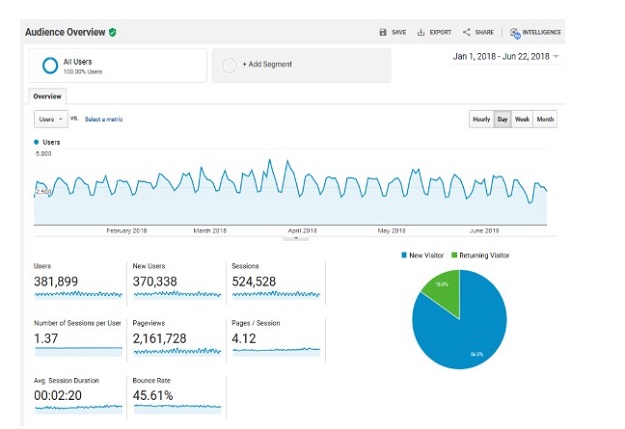
This free online tool lets you see who is coming to your website and how they’re behaving so you can make data-driven decisions, improve your website, and grow your business or following.
4. Which Platform Should I Use?
Knowing which platform to build your site on will play a role in how successful you become.
For example, if you plan to run an online store, you might look into using Shopify, which happens to integrate with Oberlo, a reliable drop shipping platform that lets you sell items from your website with ease.
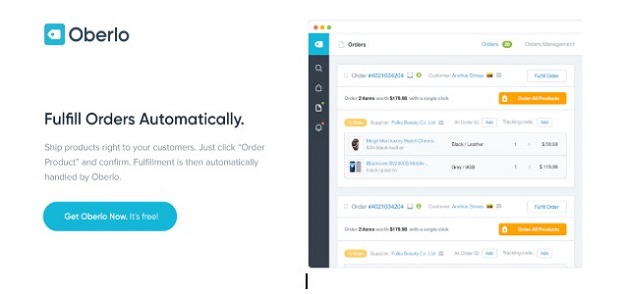
Or, if blogging will be the focus of your website, you might consider using WordPress.org, the most popular content management system in the world.
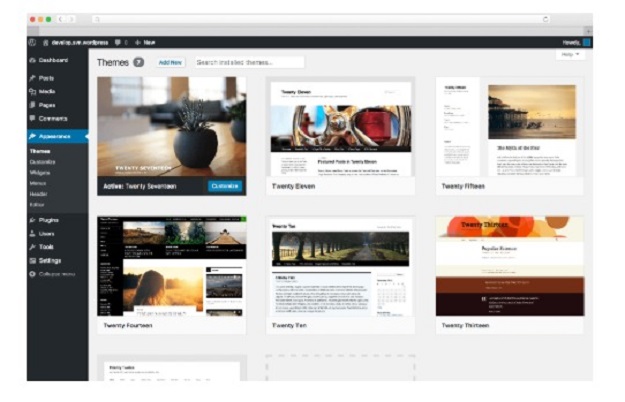
WordPress comes with tons of free and premium themes and plugins designed to extend the design and functionality of your website without needing to know how to code.
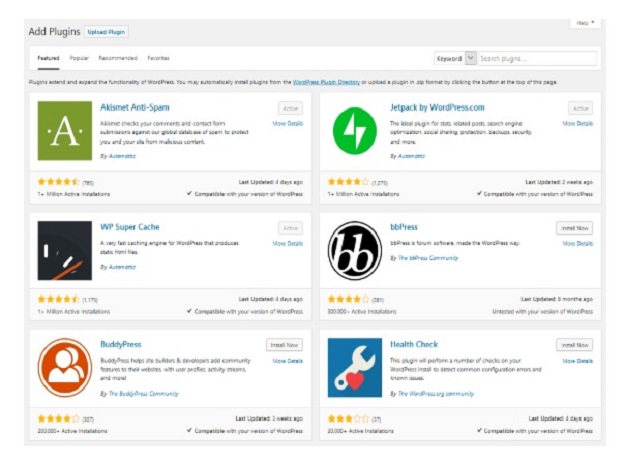
Other popular platforms include:
Wix
BoldGrid
Weebly
Squarespace
iPage
GoDaddy
Before making a final decision, you need to know what your goals for your website are, what features you are looking for, and how much money you have to spend.
Final Thoughts
Creating a website doesn’t haven’t to be challenging. In fact, it can be a lot of fun if you know what your plan is from the very start.
By answering the above-mentioned questions, you’ll be prepared to build a solid website that will help you achieve your goals, whether that be to make money, create a loyal following, or both.
And, so long as you commit to continuing to learn about web design, functionality, marketing, and SEO, you’ll quickly find yourself rising to the top amongst even the stiffest of competition.
So sit down, take a long hard look at what you want to achieve, and set out to create a highly functioning, visually appealing website that will meet your every need.




